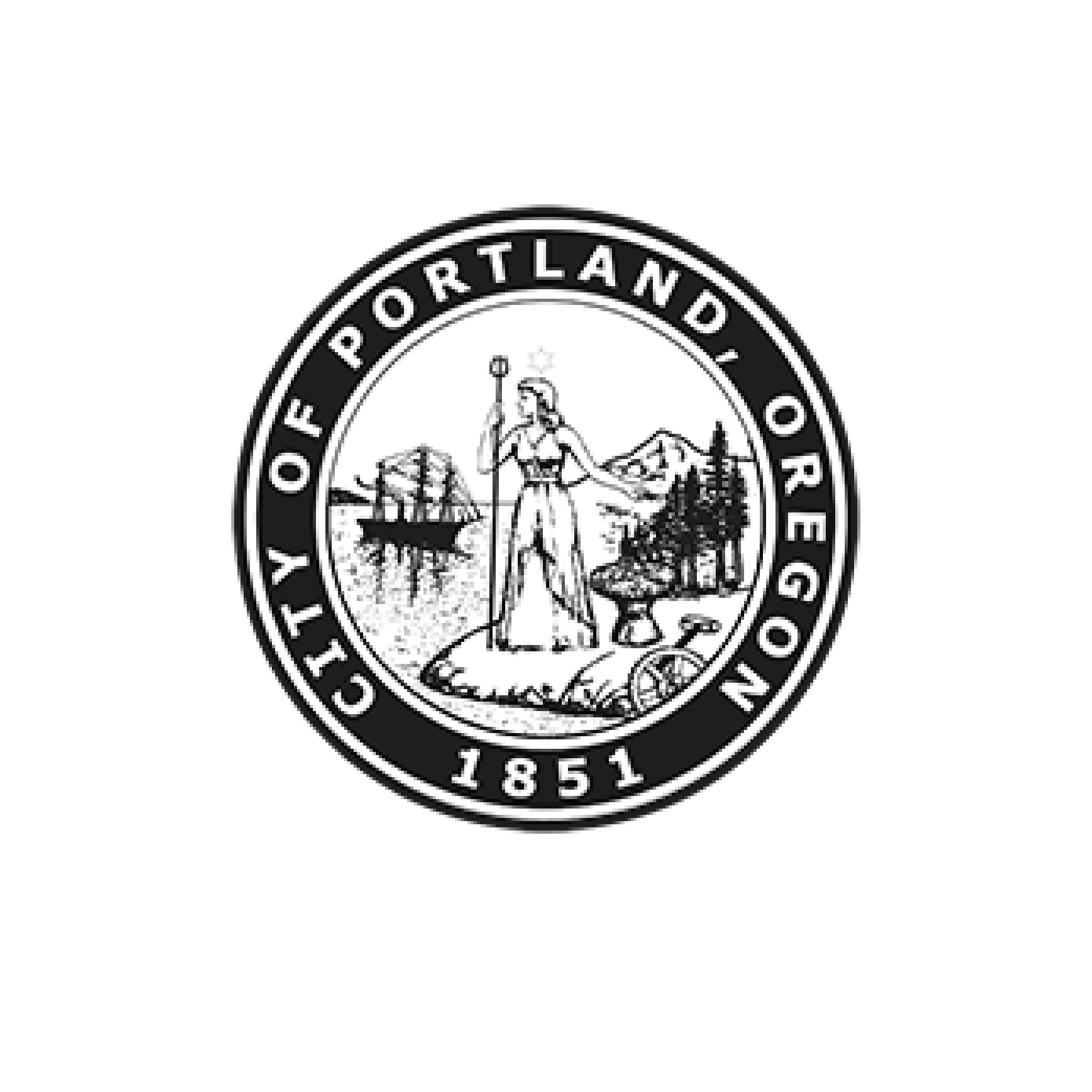
City of Portland
Nearly 900 strong, our Portland members keep the city moving, performing vital services in nearly every bureau that benefit the Portland community.
Current Contract
Chapter Officers
2023-2025
- President
Paul Cone - Vice-President
Rachel Burlington - Secretary
Emily Wilson - Treasurer
Manish Thakore - Welcome Officer
Janet Tucker
Union Rep
Class/compensation study context and details
You should have received an invitation from the Bureau of Human Resources (BHR) Classification and Compensation Team to participate in a study of your classification. The information went to work emails on June 17, 2024. I am reaching out to let you know that this is an important project that was bargained for in our last two contract negotiation cycles that is finally commencing.
Why now?
The last time most PROTEC17 classifications were thoroughly reviewed was in 1999. In the 25 years since, technology and industry standards have moved on, City operations have changed, and niche specialties have developed or disappeared. This study is intended to capture and address those changes so that your job classification description aligns more accurately with your work.
Why is this important?
The study will help ensure classifications are accurately assigned, including identifying where individuals may be misclassified. Additionally, updating classification descriptions will allow for a more accurate compensation analysis and opportunity to review for pay equity. Please note the results of the study are to inform labor negotiations. No pay changes will be made at this time – those must all be negotiated.
Thank you for your participation!
Your PROTEC17 chapter leadership encourages all members to complete the survey in the Job Assessment Tool (JAT). This will be the primary way for the City’s consultant, Evergreen Solutions, and Classification and Compensation Team to know how your job aligns (or doesn’t) with your current classification description. While participation is optional, management will also be reviewing and providing input and we don’t want to leave this solely in their hands. Members who want to coordinate their response with others in their classification are encouraged to do so. Please feel free to reach out to your Stewards or Chapter Officers to get help in connecting with your coworkers.
I acknowledge the timing of this study is inconvenient. I, myself, didn’t learn about the project timeline until hours right before a scheduled vacation, hence the delay in this message. However, further delay would adversely impact the timing of our contract negotiations. The City has committed to making this process as simple and transparent as possible for you to participate, and your chapter leadership team is here to support you.
The City created a 2024 Classification and Compensation Study intranet page to provide additional information and a list of Frequently Asked Questions (FAQs). For any additional questions/concerns, you may also reach out directly to the Classification and Compensation Team at
Future of Work (FoW)
Starting immediately, you may request that your position be reviewed for a change in work location status (hybrid or remote designation) by clicking on the link HERE. Your supervisor or other bureau representative may also make a request, but you don’t have to leave it up to them.
This opportunity to reconsider your position is the result on the Unfair Labor Practice (ULP) and subsequent interim bargaining fought for by union members. Submitted requests will be evaluated by a committee is made up of equal parts Labor and City representatives from the following groups:
- PROTEC17
- AFSCME
- Bureau of Human Resources (BHR) Labor Relations
- BHR Classification and Compensation
- Bureau representative(s) familiar with the work
The evaluation criteria will be substantially similar to the initial evaluation completed by bureau directors, however the Primary Workplace Location Review Smartsheet will capture more nuance and provide opportunity for members to upload descriptions of their work. We encourage workgroups to consider this on a group-wide basis and work together with your fellow union members to prepare requests. The application is specific to each position, so each member will still need to submit their own request.
Questions about this process and/or committee may be directed to your Union Representative, Rachel Whiteside.

